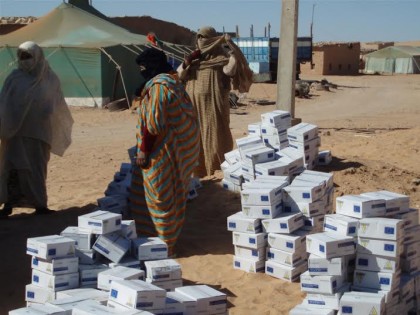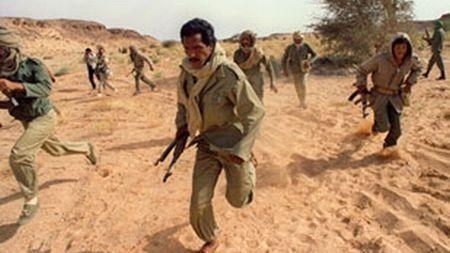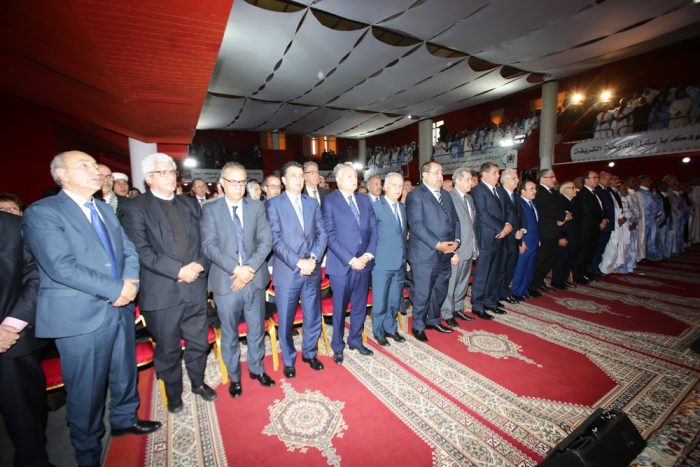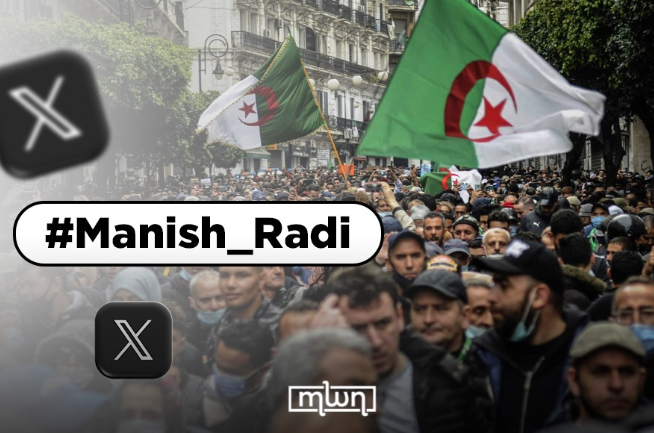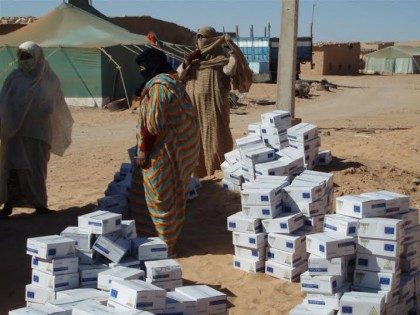 The embezzlement of humanitarian assistance is seemingly an enduring phenomenon in the Polisario-run Tindouf camps although the populations sequestrated there are in dire need of this assistance.
The embezzlement of humanitarian assistance is seemingly an enduring phenomenon in the Polisario-run Tindouf camps although the populations sequestrated there are in dire need of this assistance.
A new embezzlement scandal broke out Tuesday, when the canary Islands “La Provincia” daily reported the diversion of some €2.5 million of humanitarian aid provided by the international community for the Tndouf camps populations.
The diversion was revealed by a senior member of the very separatist movement who asked the Polisario leaders to provide explanations on this aid, said the author of the article Miguel Angel Ortiz, who is the president of the Canary-Sahrawi Forum.
The Polisario is currently unable to justify how the grants were spent, which shows that corruption and fraud are deeply rooted among the separatists, wrote the author of the article.
Seemingly outraged by this new diversion, Miguel Angel Ortiz stated, “once again, the Polisario commits this kind of indecent practices and dishonest behavior to the detriment of the population it claims to represent.” For the author of the article, this behavior is also an outrage to the international community, which donates every year, in good faith, huge amounts of money that are managed in a suspicious way by the Polisario leaders.
The president of the Canary-Sahrawi Forum strongly condemned this new case of corruption and the lack of accountability prevailing within the separatist movement.
He recalled that Spain alone donates annually several million Euros worth of humanitarian aid and economic contributions, earmarked in the budgets of the different autonomous communities in addition to foodstuffs and equipment sent to the camps by official bodies and NGOs.
Reports about the embezzlements of humanitarian aid by the Polisario leaders and some Algerian officials were recurrent. However, the most alarming report was issued in 2015 by the European Anti-Fraud Office (OLAF), which documented the diversions and how the products destined to the camps were sold in Algerian markets and in neighboring countries.
Following the release of the report, the European Parliament adopted unanimously a resolution urging Algeria to allow the organization of a census of the Tindouf camps refugees and warned that Europe will extend humanitarian assistance to the camps on condition that the population living there is registered.
The MEPs also called for a reassessment of the EU aid and for its adaptation to the true needs of the people living in the Tindouf camps.
The UN Security Council had also insistently reiterated its request for the registration of the Tindouf camps refugees and repeatedly invited Algeria to do efforts in this regard.
The camps were set up in the early 70s to accommodate the Sahrawi separatists that left the Sahara after Morocco recovered the territory.
Having soon sensed that hosting the refugees was a money-spinning operation, Algeria and the separatist Polisario front started luring nomads and Touaregs from Mauritania, Mali and Niger to swell the numbers and claim more and more humanitarian aid.
They have thus deceived humanitarian aid donors as to the true needs of the camps population for years and were fully free to distribute the assistance between the camps and their own warehouses wherefrom the goods were channeled for sale in Algeria and other neighboring countries, as documented in the OLAF document.
